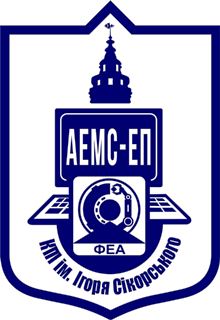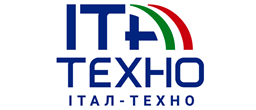Subject / Educational component |
Simulation of Electromechanical Systems |
| Educational level | First (Bachelor’s degree) |
| Year of study, semester | 4 (7) |
| Number of ECTS credits | 5 |
| Language of study | English |
| Department | Department of Electromechanical Systems Automation and Electrical Drives |
| Assumed knowledge and prerequisites | English В2, knowledge of electric drive control, electric drive theory, automatic control theory, electric machines, theoretical foundations of electrical engineering |
| The scope of the course | The discipline studies the features of mathematical modeling of electromechanical systems based on electric machines of different types. To do this, modeling programs are developed to control a DC motor, an induction motor, and a synchronous motor with permanent magnets. The features of the control systems for DC and AC motors using different control algorithms are studied by simulations. Simulation of power electronics, rectifiers and voltage converters are also considered. |
| Rationale | Research by mathematical modeling is a mandatory step in the design, development, modernization of electromechanical systems, as it allows without the use of expensive physical equipment to verify the correctness of technical decisions, identify important performance characteristics, identify shortcomings and potentially dangerous modes without harming the electromechanical system and technological equipment in which it is used. |
| Learning outcomes
|
– skills for simulation program development for electromechanical systems and technological objects; – understanding of the electromechanical system dynamics in different modes of operation; – understanding and ability to investigation of of the static and energy characteristics of electromechanical systems; – understand the control system tuning procedure; – skills in voltage converters simulation; |
| Competencies and skills
|
Investigate (determine) static, dynamic, energy characteristics of electromechanical systems for various technological purposes using a personal computer, without the use of real expensive equipment. |
| Instructional Materials: | Syllabus, learning materials (textbook, reference book, video lectures, podcasts etc) |
| Mode of delivery: | Lectures, laboratory workshops. |
| End-of-semester control: | Exam |










